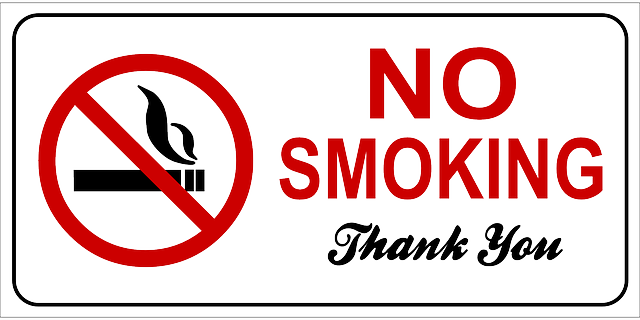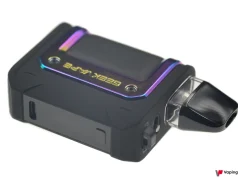The Tokyo measure will cover an estimated 84% of restaurants and bars across the city, while the one being considered on a national scale would cover an estimated 45%. However it still stops short from banning smoking in certain establishments.
While a total ban on smoking in certain facilities such as kindergartens, schools and day care centers will be implemented, premises of institutions such as universities, hospitals and government offices, will still have designated outdoor smoking areas.
Additionally, smaller-scale eateries with no employees or those where employees are family members such as traditional izakaya pubs, will be exempted from such regulations. Owners of such businesses will be able to make their own choices as to whether they want their establishments to be smoke free or not.
HnB devices exempt from ban
Data released by Euromonitor International in 2016, had found that while cigarette sales have been in steady decline for decades, the sales of vaping products had increased five fold to 4.6million.
Japan is a nation renowned to have a high regard for cleanliness and health. Safer alternatives are thriving in this Asian country as they are in line with both these values according to Akari Utsunomiya, a research analyst with Euromonitor in Tokyo. Hence why “Tobacco companies are seeking the chance for new opportunities in the tobacco market in Japan”.
Japanese smokers switching to safer alternatives
In line with this, when PMI launched its HnB device iQOS in 2016, it was immediately sold out, and by March 2017, the tobacco company had already sold over 3 million devices. President of Philip Morris Japan, Paul Riley, had said that they were struggling to keep up with the demand. “But the question is what is the demand? We continue to increase the production but they get sold out as soon as they hit the stores,” he said at the time.
Read Further: The Japan Times








